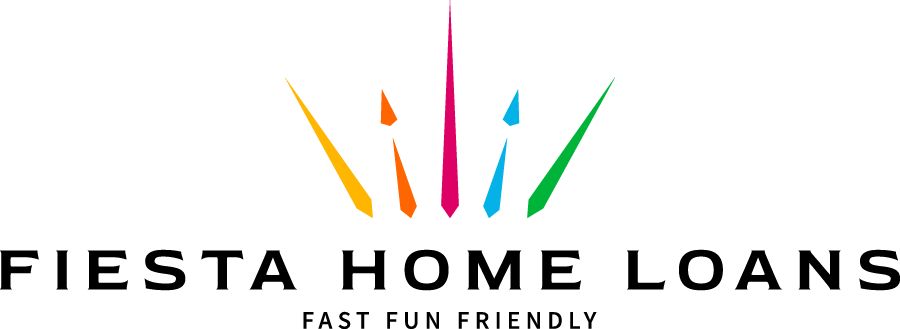
For many first-time homebuyers, saving up for a substantial down payment is one of the most significant challenges they encounter when purchasing a home.
If you’re aiming to purchase your dream home but lack sufficient funds, you’re not alone. Saving up for a substantial down payment poses a significant challenge for many homebuyers, let alone covering the entire cost of a home. Fortunately, various loan options are available that may help jumpstart your journey toward homeownership.
However, not all loan options are suitable for everyone, especially if you’re facing financial constraints such as debts or a low credit score. In such situations, considering an FHA loan, particularly if you’re a first-time homebuyer, may be beneficial.
Navigating an FHA Loan
What is an FHA Loan?
Did you know that the U.S. Federal Housing Administration (FHA) is the largest residential mortgage insurer globally? FHA loans, insured by the FHA, enable lenders like banks, credit unions, and private mortgage companies to offer home purchase loans with low down payment requirements. FHA home loan borrowers are responsible for paying the premiums associated with this insurance. With an FHA loan, qualified buyers can purchase new homes with as little as a 3.5% down payment.
FHA home loans allow qualified applicants to buy homes with more flexible and less stringent financial requirements, including debt status, credit score, and down payment, compared to conventional loans.
FHA Home Loans Requirements
Both first-time and experienced homebuyers may qualify for FHA loans and benefit from low down payment options with easier credit qualifying than conventional loans. However, several requirements must be met by FHA loan applicants. These include:
- The home must be appraised by an FHA-approved appraiser and meet certain guidelines.
- The property must serve as the borrower’s primary or principal residence, not as a second home or investment property.
- The borrower must occupy the property as their primary residence within 60 days of closing the loan.
- A mandatory inspection of the home must occur to ensure it meets all minimum property standards and regulations.
Here are more specific FHA loan requirements:
FHA Home Loan Down Payments
The minimum down payment for an FHA loan is directly linked to one’s credit score. A higher credit score correlates with a lower down payment requirement.
An FHA loan requires a minimum down payment of 3.5% of the purchase price for borrowers with a credit score of 580 or higher, or a 10% down payment for a credit score between 500 and 579. However, it’s essential to note that all down payment funds must come from FHA-approved sources such as personal savings, gift letters, or investments.
Mortgage Insurance
Individuals are required to pay Mortgage Insurance Premium (MIP) on their FHA loans to insure FHA lenders against losses in case of loan default. The MIP is paid for the life of the FHA loan or 11 years if a 10% down payment was made.
Some lenders may require borrowers to pay an upfront mortgage premium, typically 1.75% of the loan amount. Additionally, FHA borrowers are required to pay an annual mortgage insurance premium of 0.45% to 1.05% of the loan amount, depending on the length of the mortgage.
FHA Home Loan Limits
The amount of FHA loan a borrower can obtain depends on the county of the potential home and its location (high or low cost). The U.S. Department of Housing and Urban Development sets the floor and ceiling for one-unit properties, which for Calendar Year (CY) 2022 are $420,680 and $970,800, respectively. Borrowers can find more information about FHA loan limits on the HUD website or by reaching out to a HUD-approved housing counselor.
FHA Home Loans Credit Score
Credit scores depend on several factors, including credit type, credit age, credit utilization, and payment history. A higher credit score results in a lower debt-to-income ratio (DTI), allowing borrowers to qualify for a higher FHA loan limit.
Requirements for DTI and monthly mortgage payments vary. For instance, the FHA stipulates that DTI should not exceed 43%, and monthly payments should not exceed 31% of the borrower’s monthly gross income in certain circumstances.
FHA Income Requirements
While the FHA doesn’t impose strict income requirements to qualify for a loan, borrowers must demonstrate a steady employment history. Lenders may request W-2s, tax returns, and bank statements for verification purposes.
The Bottom Line on How FHA Home Loans Work
FHA home loans are government-insured loans that enable borrowers to purchase homes with as little as a 3.5% down payment. Borrowers are responsible for paying premiums for this insurance, which protects the lender against default.
Additionally, FHA borrowers can repay their loans without incurring pre-payment penalties.
Navigating the process of obtaining a loan for a home purchase can be daunting, especially without the right guidance. However, there’s no need to fret. We’re here to assist you every step of the way. Please don’t hesitate to contact us today to get started.
Contact Fiesta Home Loans to schedule an appointment today.



